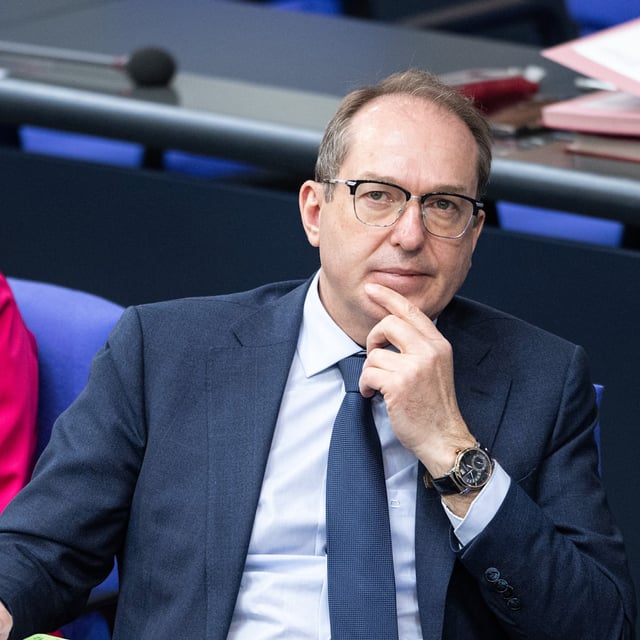Overview
- The German government is set to introduce legislation suspending family reunification for refugees without asylum status for two years, with exceptions for hardship cases.
- The proposed laws also aim to abolish the 'Turbo-Einbürgerung' (fast-track citizenship) policy, which allowed naturalization after three years for well-integrated migrants.
- Interior Minister Alexander Dobrindt emphasized the need to reduce migration incentives and signaled a shift in Germany's migration policy.
- The measures have received support from the German Landkreistag and some state leaders, citing overburdened municipalities and integration challenges.
- Criticism has come from over 30 NGOs and the Green Party, which argue the plans violate international human rights conventions and harm societal cohesion.

